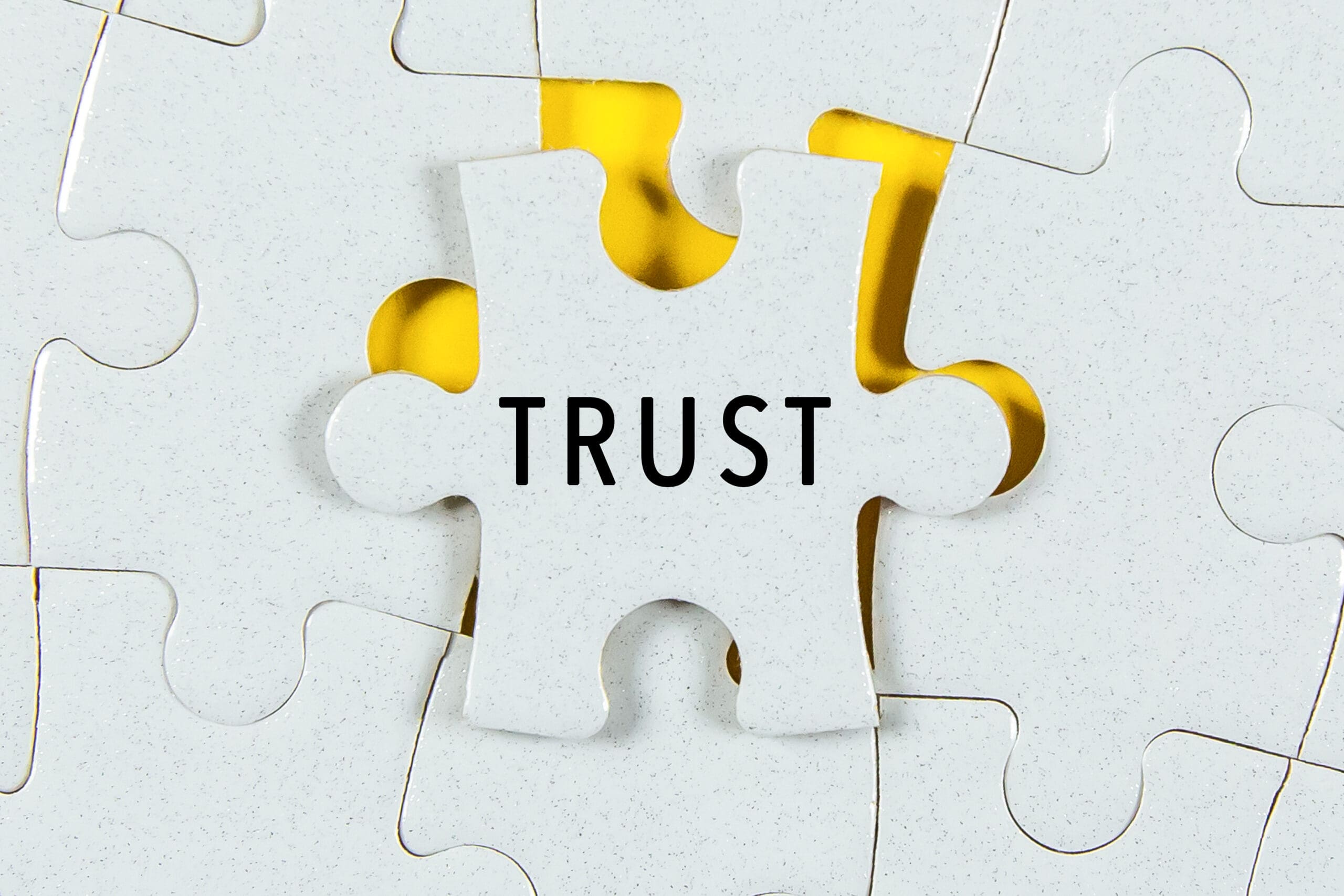Trust is a big factor in business success that never shows up on a balance sheet. You won’t find it in quarterly reports or financial projections, but when it’s missing, you feel it.
I stumbled into this idea back in grad school when I fell headfirst into a rabbit hole researching on institutional trust. I spent an entire semester geeking out on system dynamics, economics, and feedback loops, complete with complex diagrams and way too many footnotes. Sounds nerdy and academic, I know, but stay with me.
What stuck with me more than anything else was a single quote from my professor, John Sterman. It landed like a truth bomb and has followed me ever since: “Trust is earned in drops and lost in buckets.”
If you’ve ever led a team through a tough quarter, pitched investors, or tried to get a business off the ground, you know just how true that is.
These days, I think of trust like a financial investment. Every time you follow through, give a straight answer, or don’t ghost someone after a hard conversation, you’re making a deposit. Tiny moments of integrity that stack up like compound interest.
But like any market, trust can crash. One bad decision, one shady move, and suddenly you’re facing a “bucket moment.” Sure, you can rebuild. But it takes time, humility, and a few uncomfortable conversations no one wants to have.
When the Gut Speaks
Here’s what the textbooks didn’t teach me: for all the models and feedback loops I mapped out, the most powerful signal of breakdown was something far simple. Trusting my own gut. That voice isn’t just instinct, it’s pattern recognition rooted in experience. In a way, it’s your internal feedback loop, alerting you long before the data catches up.
A while back, I had the opportunity to partner with a few people on a startup. On paper, it looked solid: aligned goals, strong energy, and the right dose of startup optimism (read: delusion).
But almost immediately, little red flags started waving.
Words didn’t match actions. Agreements were made, then magically forgotten. Side meetings happened, and key details were conveniently left out. What began as small lies about personal matters snowballed into full-blown cover-ups.
Meanwhile, my gut was screaming, “Run. Run like you forgot your laptop in that taxicab!”
But did I listen? Of course not.
I rationalized. Maybe they were just bad communicators. Maybe I was overthinking. Maybe Mercury was in retrograde again. I pushed ahead, hoping it would all smooth out.
It didn’t.
Eventually, the pile of inconsistencies was taller than a startup pitch deck. I had to face the truth: if there’s no trust at the start, there’s no business worth building.
Thankfully, I pulled out before things got messy (read: expensive). I lost time and energy, but avoided what could have been a painful founder fallout with a mountain of legal fees.
That experience taught me something no diagram or case study ever could: trust isn’t about charisma or clever words. It’s about consistency, especially when no one’s watching. And that little voice inside? It’s not just noise. It’s data.
How Trust Shows Up
Whether you’re launching a startup, managing a portfolio, or leading a team, trust is your most valuable currency. It’s not always visible, but it absolutely shows up in your outcomes.
Every decision you make, every “let me circle back” email, every time you say you’ll do something and actually do it, you’re either building trust or draining it.
Want to know how to spot trust early? Pay attention to inconsistent words and behaviors, micro-lies that seem harmless, and people acting differently when no one’s clapping. Those are your signs.
And most of all: listen to your gut. If someone’s throwing up more red flags than a clearance sale, don’t ignore it.
Because in business and in life, the absence of trust is often the first sign that something bigger is broken.
How have you seen trust impact your business—for better or worse? Drop a comment below or message me. I’d love to hear your story.

I really liked this text; I have a hard time trusting people. It’s just not natural to me.